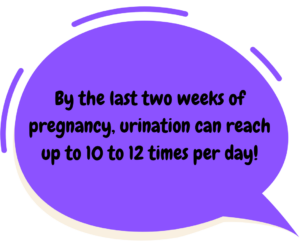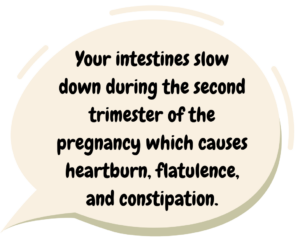Pregnancy Facts
Planning your pregnancy
In joining the POPPY study, you have already taken steps to plan for your pregnancy. Here is some advice you can follow to help towards a healthy pregnancy and there are links at the bottom of the page to other pregnancy advice websites.
Folic acid
The NHS recommends taking a folic acid supplement when you’re thinking of becoming pregnant and when you are pregnant to reduce the risk of your baby having a neural tube defect.
You should take a 400 microgram supplement every day when trying to get pregnant and continue once you are pregnant until you’re 12 weeks of gestation. Folic acid supplements can be found in supermarkets and pharmacies or through the NHS Healthy start programme.
The neural tube develops early in pregnancy, within the first few weeks and months of pregnancy and becomes the baby’s spinal cord and brain. This is why the recommendation is to start folic acid supplementation as soon as possible if you are trying to become pregnant or once you find out you are pregnant.
Some women are prescribed a higher dose supplement of 5 milligram (5mg) every day. You may need to take a 5mg supplement of folic acid if:
- you or the baby’s other biological parent have a neural tube defect
- you previously had a pregnancy affected by a neural tube defect
- you or the baby’s other biological parent have a family history of neural tube defects
- you have diabetes
- you take anti-epilepsy medicine
- your BMI is 35 or more
Talk to a GP if you think you need a 5mg dose of folic acid, as they can prescribe a higher dose.
Do not worry if you get pregnant unexpectedly and were not taking a folic acid supplement at the time. Start taking them as soon as you find out, until you’re past the first 12 weeks of pregnancy.
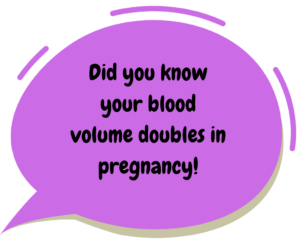
Stop smoking
Smoking during pregnancy has been linked to a variety of health problems, including:
· premature birth
· low birth weight
· sudden infant death syndrome (SIDS), also known as cot death
· miscarriage
· breathing problems or wheezing in the first 6 months of life
NHS Smokefree offers free help, support and advice on stopping smoking, including when you’re pregnant, and can give you details of local support services. Smoke from other people’s cigarettes can damage your baby, so ask your partner, friends and family not to smoke near you.
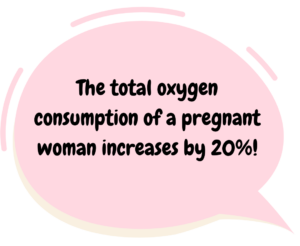
Stop alcohol
Do not drink alcohol if you’re pregnant or trying to get pregnant. Drinking in pregnancy can lead to long-term harm to your baby, and the more you drink, the greater the risk. Find out about alcohol and pregnancy, alcohol units and tips for cutting down.
Healthy weight and exercise
Being overweight (having a BMI over 25) or obese (having a BMI over 30) can raise the risk of some pregnancy problems, such as high blood pressure, deep vein thrombosis, miscarriage, and gestational diabetes. As part of the POPPY study, we will be taking your weight and can work out your BMI for you. Sticking to a healthy balance diet can ensure your baby gets the nutrition it needs.
Pregnant woman are advised to exercise for 150 minutes (for example, 30 minutes a day, five days a week) of moderate-intensity aerobic physical activity per week, such as brisk walking, during and after their pregnancy. It is best to spread this activity throughout the week. You can start getting into healthy habits before your pregnancy!
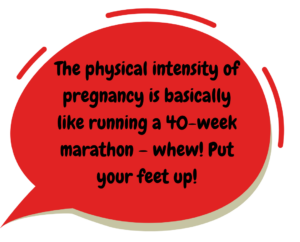
Chronic health problems and medications
As your planning a pregnancy, you have time to review any chronic health conditions e.g. epilepsy, with your specialist or GP. They can advise on your condition in pregnancy and the appropriate medications.
Many medications are safe to take in pregnancy but not all, so when you’re pregnant or planning a pregnancy, whether they’re on prescription or medicines you can buy in a pharmacy or shop, its best to check with your doctor. Do not stop taking your medicine without talking to a doctor.
